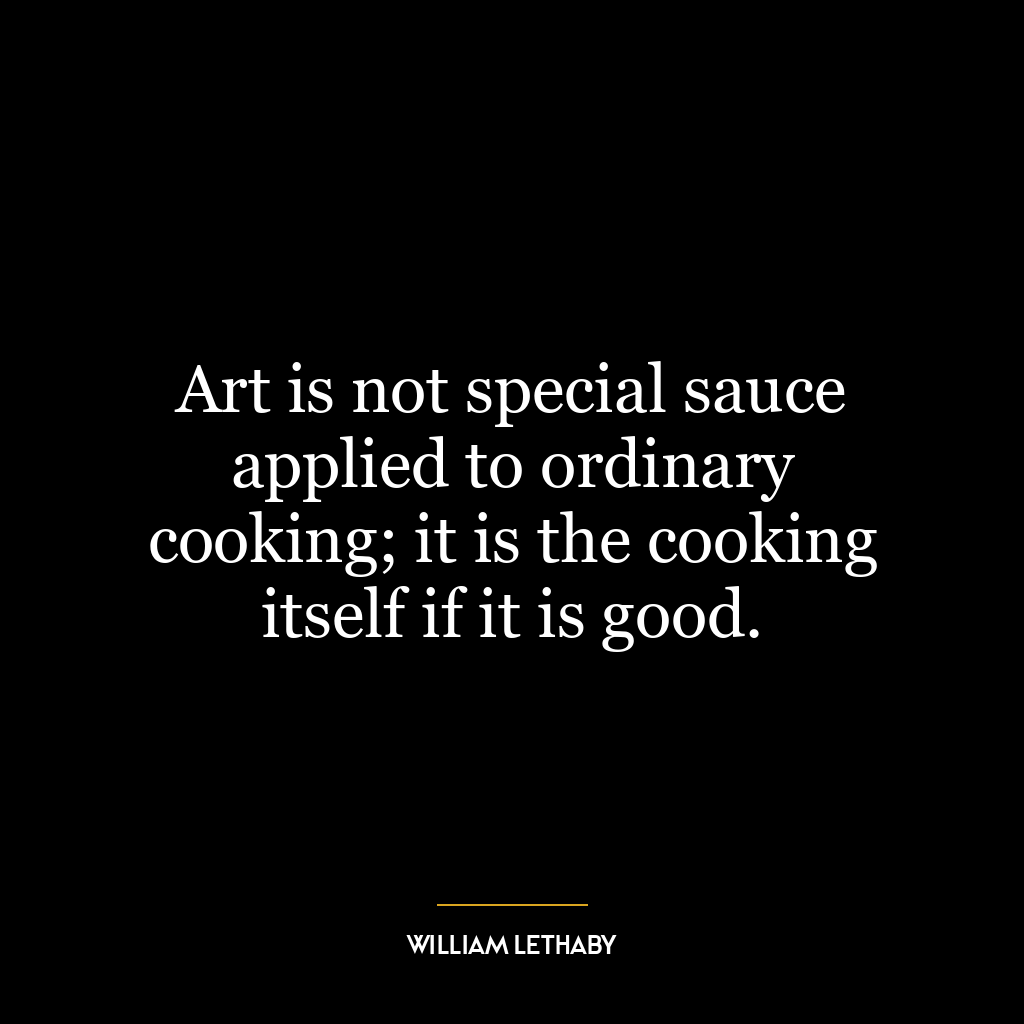Great leaders don’t try to be perfect. They try to be themselves. And that’s what makes them great.
This quote conveys the idea that authenticity, rather than perfection, is a key quality of effective leadership. It suggests that the most influential leaders are those who are genuine, who are comfortable with who they are, and who do not feel the need to portray a facade of perfection. They understand and accept their strengths and weaknesses, and do not shy away from showing their true selves. This authenticity allows them to connect more deeply with others, fostering trust, respect, and loyalty.
The pursuit of perfection can often lead to stress, burnout, and a lack of authenticity. It can create a barrier between leaders and their teams, as people may find it difficult to relate to someone who seems flawless. On the other hand, leaders who show their humanity – who admit their mistakes, ask for help when they need it, and share their challenges as well as their successes – are more likely to inspire others to do the same.
In today’s world, where there is a great deal of emphasis on image and presentation, this idea is particularly relevant. It encourages us to embrace our uniqueness and to value authenticity over perfection. In the realm of personal development, it suggests that we should focus on being the best version of ourselves, rather than trying to fit into a certain mold or live up to an unrealistic ideal.
In a practical sense, this could mean acknowledging our mistakes and learning from them, rather than trying to hide them. It could mean expressing our thoughts and feelings honestly, even when it’s difficult. It could mean prioritizing our well-being and personal growth, rather than striving for external markers of success. And it could mean leading by example, showing others that it’s okay to be imperfect, and that authenticity is a strength, not a weakness.








